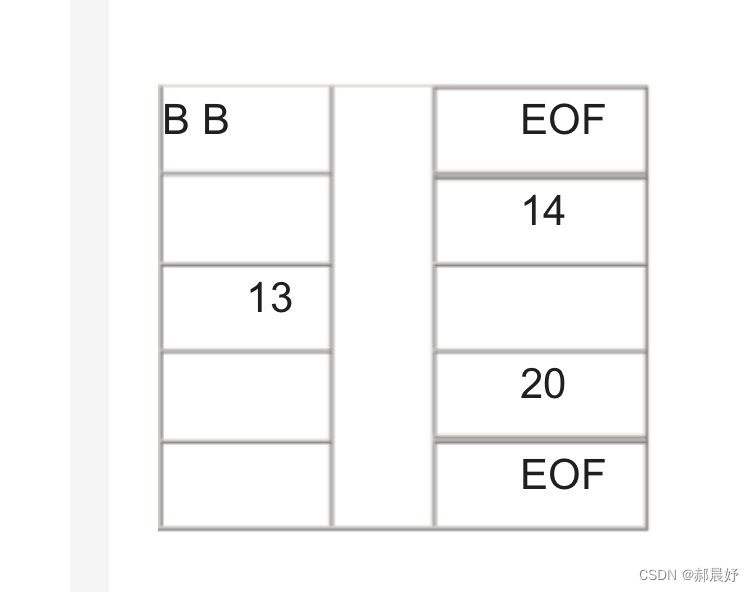
问题很好转化,但是对区间的处理没把握好,一直在纠结怎么o(n)
一开始想到二分了,但是没细想,结果看了讲解发现,其实就是一个前缀数组上对区间的查询的操作,以后再遇到此类问题直接向二分 每个点算贡献就行了,还是太菜了
#include<bits/stdc++.h>
using namespace std;
typedef long long ll;
const int N=1e6+10;
ll p2[N];
ll p5[N];
int T;
int n,k;
void solve()
{
cin>>n>>k;
for(int i=1;i<=n;i++){
int x;
cin>>x;
p2[i] = p5[i] = 0;
while(x%2==0){
p2[i]++;
x/=2;
}
while(x%5==0){
p5[i]++;
x/=5;
}
p2[i] += p2[i-1];
p5[i] += p5[i-1];
}
ll res = 0;
for(int i=1;i<=n;i++){
ll tem2 = k+p2[i-1];
ll tem5 = k+p5[i-1];
int l1 = lower_bound(p2+1,p2+1+n,tem2)-p2,r1 = upper_bound(p2+1,p2+1+n,tem2)-p2-1;
int l2 = lower_bound(p5+1,p5+1+n,tem5)-p5,r2 = upper_bound(p5+1,p5+1+n,tem5)-p5-1;
int l = max(l1,l2),r = max(r1,r2);
l = max(l,i);
if(l==n+1)continue;
res = res+(r-l)+1;
}
cout<<res<<endl;
}
int main()
{
cin>>T;
while(T--)solve();
}

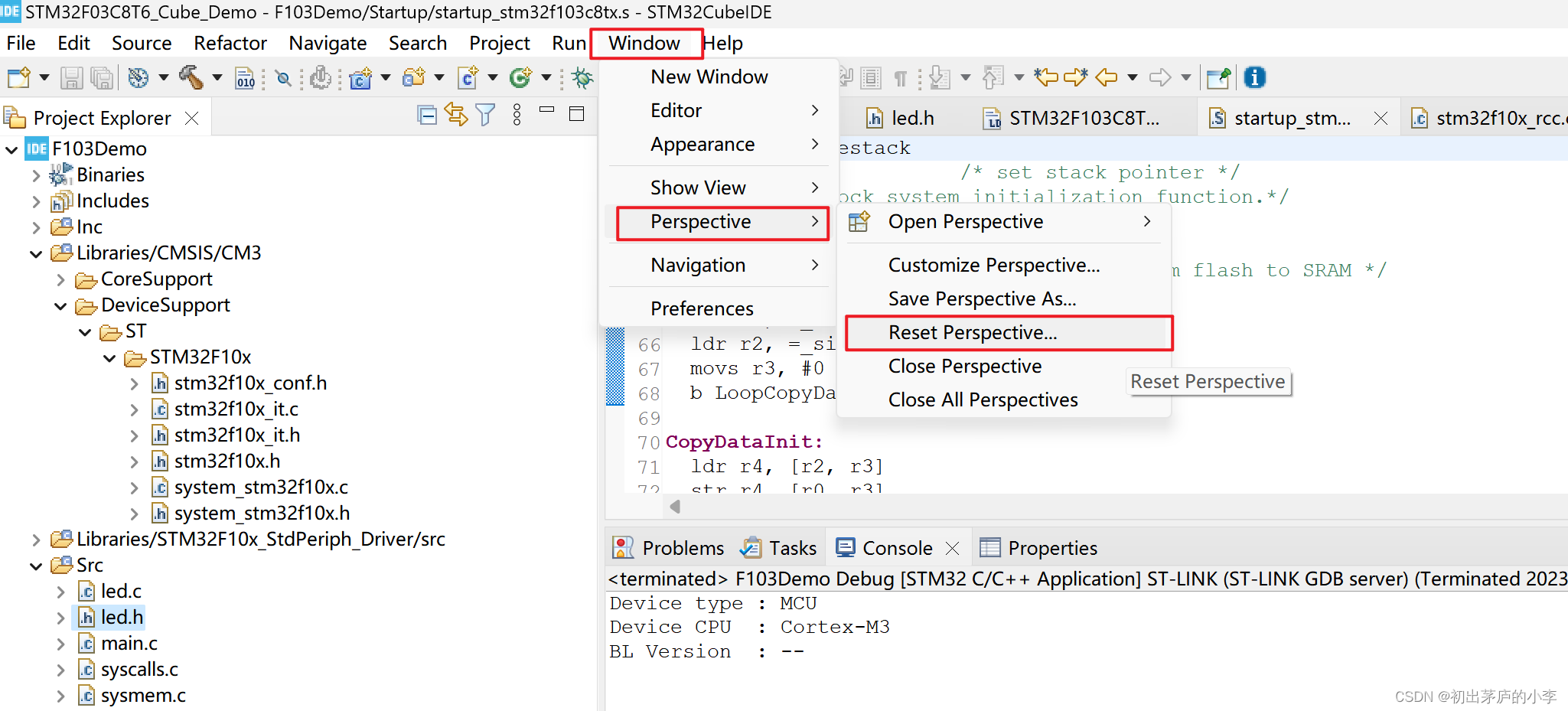
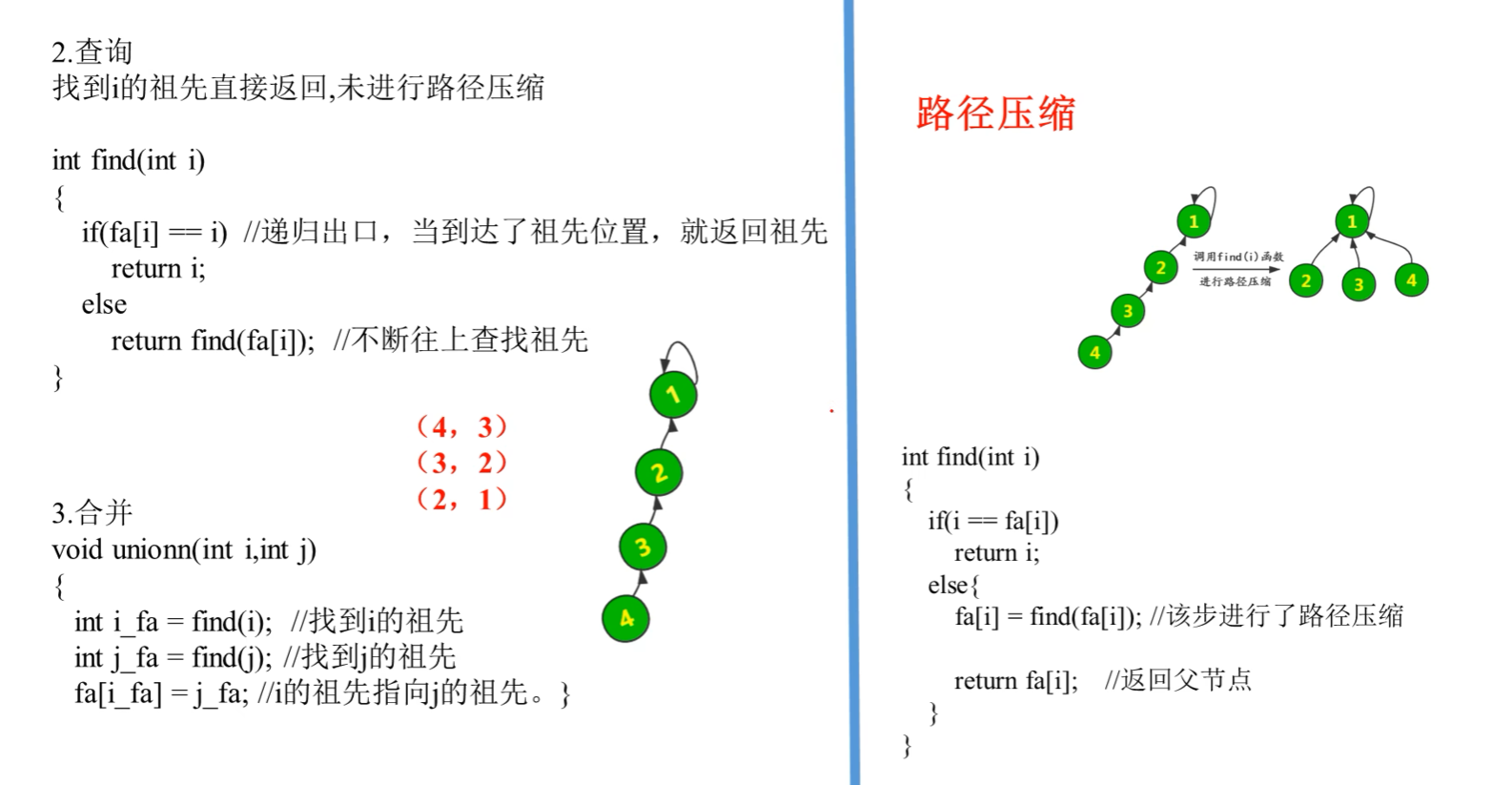
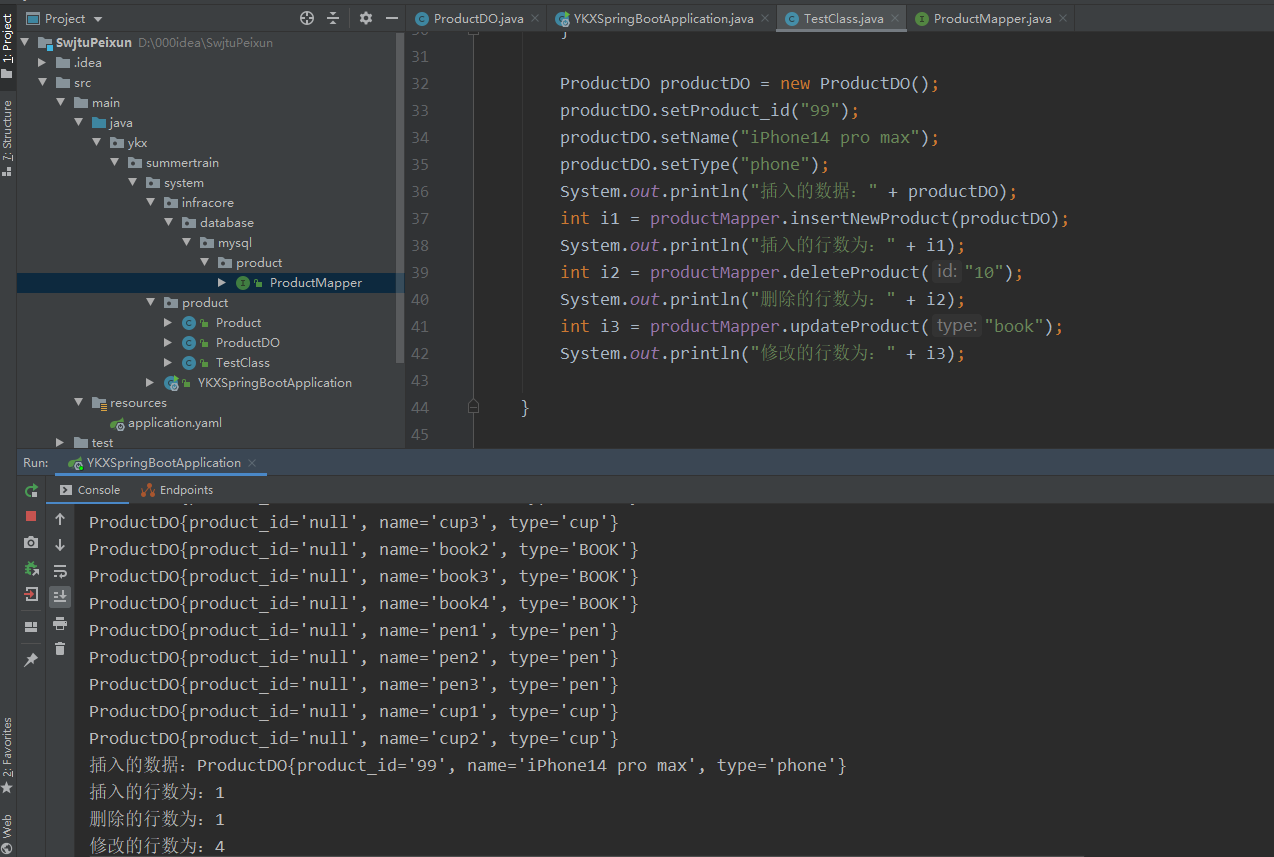

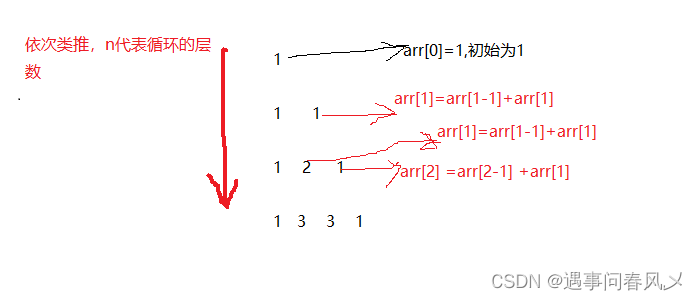







](https://img-blog.csdnimg.cn/421c5ca48d5c49c68661e95966ff84c3.png)



